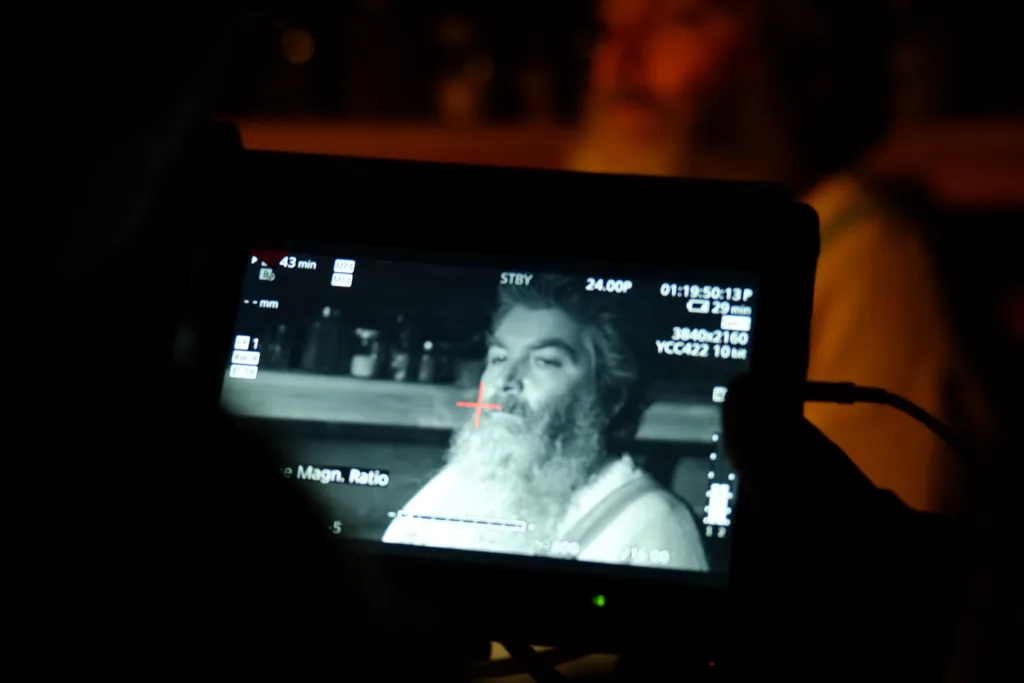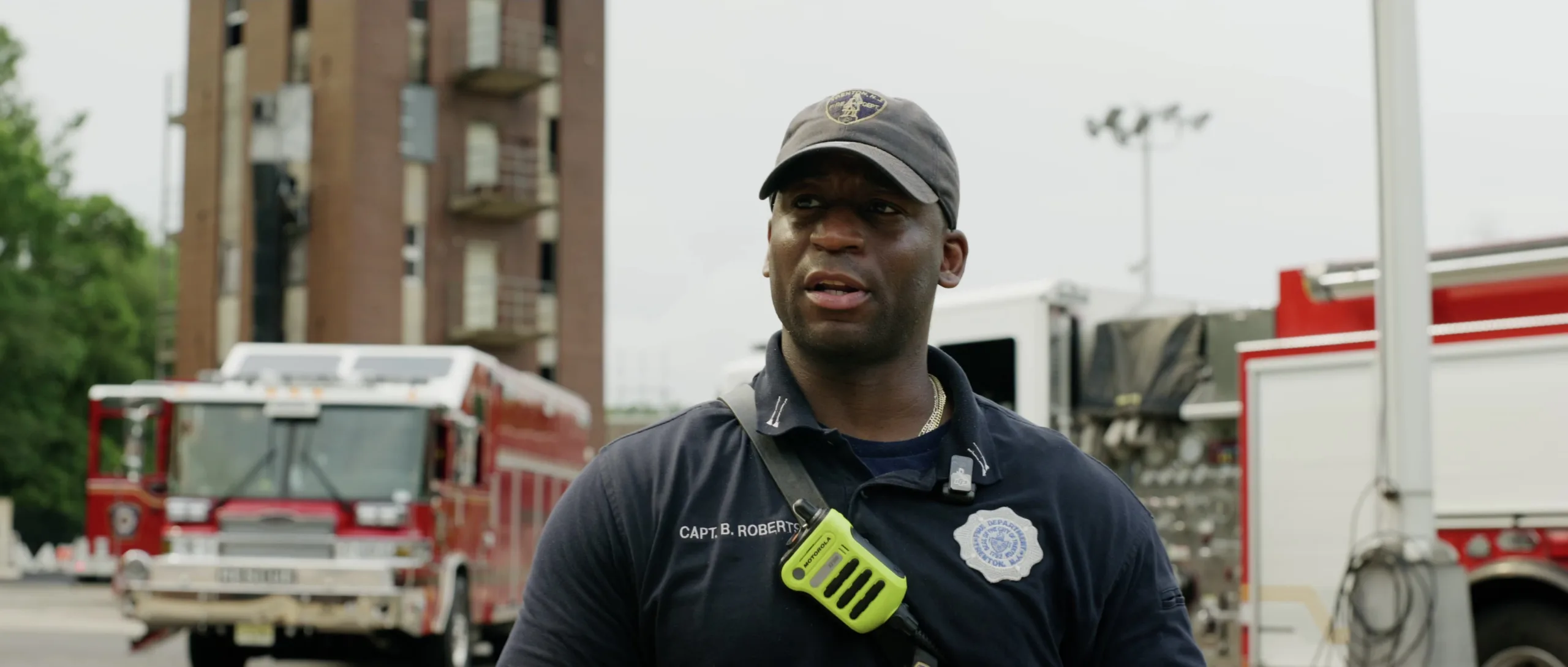Summary
This guide helps you plan the best possible questions for your testimonial video interview by discussing how generic questions kill authentic testimonials, the four question categories that uncover compelling stories, advanced questioning techniques for deeper responses, pre-interview strategy, and how to bring this all together to form the most powerful video content.
Introduction
In today’s digital world, it is more important than ever to stand out among the noise and establish credibility within your space. One of the best ways to achieve this is through testimonial videos featuring your customers, stakeholders, beneficiaries, or end users.
If you are looking to conduct testimonial interviews, one of the most important steps is establishing what questions to ask. The quality of your questions will directly impact the quality of the answers you get and the impact of your video.
This guide will walk you through the best practices when creating your testimonial interview questions based on the professional experience of the team at Pollen Productions.

1. Generic Questions Kill Authentic Testimonials
This may seem obvious if you have ever interviewed someone before, but if you ask generic answers, you tend to get generic responses. If you ask questions like “how was your experience working with us?” you will get responses like “yeah, it was good. I liked it”. This is unlikely to capture the interest of your audience. Instead, consider how a question like “can you tell me the story of how you were struggling before you found us?” or “what compelled you to look for our product/service?” might lead to a much more powerful response. If your goal is to get responses that resonate with your audience, you need to ask questions that draw meaningful responses out of your interview subject.
2. The Four Question Categories That Uncover Compelling Stories
What kind of questions will lead to the best responses? There are four main categories that will accomplish this:
Origin/Challenge:
An origin/challenge question is one that asks the interview subject to explain the pain point that they needed addressed before discovering your product or service. This is important since your serviceable addressable market, the market you are advertising to, will be experiencing these same pain points. Hearing someone else’s experience with these same pains will both capture their attention and build rapport with your brand. They will know that you understand their problem and care about solving it, not just your bottom line. These questions will typically sound something like “can you describe what things were like before you found us?” or “what made you realize that you needed a product/service like ours?”.
Decision-Making:
Decision-making questions are structured to elicit responses about why the interview subject chose you over your competition or an alternative solution. The response will allow you to explain credibly to your audience why they too should consider you over any other option. These questions typically sound something like “What compelled you to go with us instead of an alternative?” Or “what made our solution stand out to you?”.
Transformation:
Transformation questions open the door to answers that detail how your solution solved the interview subject’s pain point. You are looking to ask questions that will get them to talk about outcomes like increased sales, decreased downtime, greater efficiency, fewer workflow frustrations, etc. These questions are typically structured as “can you describe how implementing our solution has helped you?” Or “what metrics were improved when you implemented our solution?”
Personal Impact:
The personal impact questions are designed to seal the deal, eliciting responses that describe how the outcomes reshape the lives of the stakeholders. You are looking for genuine statements of appreciation for the changes to the personal life of the testimonial subject, NOT what they like about your product or service. This is because you want your audience to envision similar improvements in their lives and associate them with your market solution, rather than envisioning your solution simply addressing an issue. This is much more powerful. These questions will usually sound like “how has your life changed since utilizing our solution?” And you are looking for responses like “I get to spend more time with my kids than before” or “now I can travel more than I used to”; things that your audience wishes they were doing at this very moment.
3. Advanced Questioning Techniques for Deeper Responses
Often, the best interview responses do not come from questions at all. This is where advanced questioning techniques might seem counterintuitive: the best questioning technique is often to stop asking questions and allow for silence. Once you have directed the conversation to a good topic for your subject to speak on, it is often best for them to do all of the talking, even if this means there is sometimes a little bit of silence. Often your subject has rehearsed responses to basic questions. Once they run out of “pre-packaged” responses to a question, they begin to open up and answer from their heart. This authenticity is worth much more than rigid corporate speak and can resonate much better with the audience. In short, don’t be afraid of a little silence and allow your subject time to think and muse during the interview.
4. Pre-Interview Strategy: The Foundation of Great Testimonials
The best way to prepare for an interview should be no surprise: research your subject. The more that you know about them and their hobbies, interests, history, etc., the more likely it is that you will be able to ask them deeper questions that tie their experience with your product or service to their greater life experiences. This allows for much more impactful testimonial content.
5. From Good Questions to Powerful Video Content
Now that you know how to ask the best kind of questions in the best way, you will have a much easier time assembling a compelling testimonial video.
While the interview questions are the most important part of the process, they are just one piece of the puzzle when it comes to making the best quality video testimonials. If you want to explore more content to help you with the technical aspects of video production or how to distribute it for maximal impact, please reach out to us via our website, pollenpr.com, or send us an email at contact@pollenpr.com. We love helping brands and organizations bring their stories to life and would love to hear yours!

No Comments.